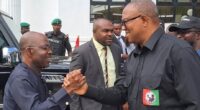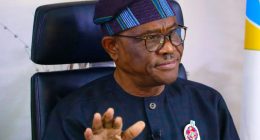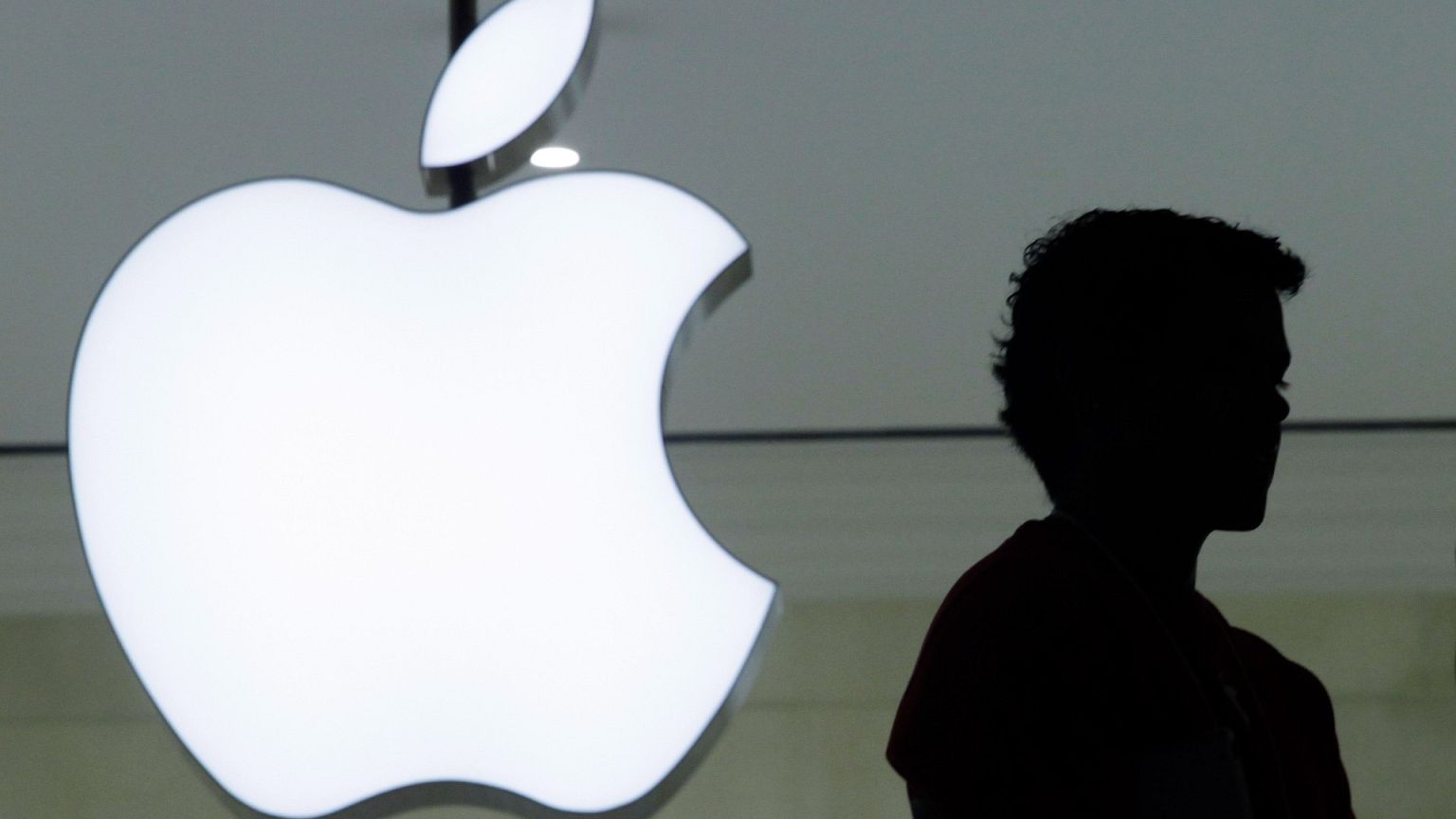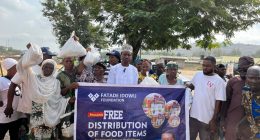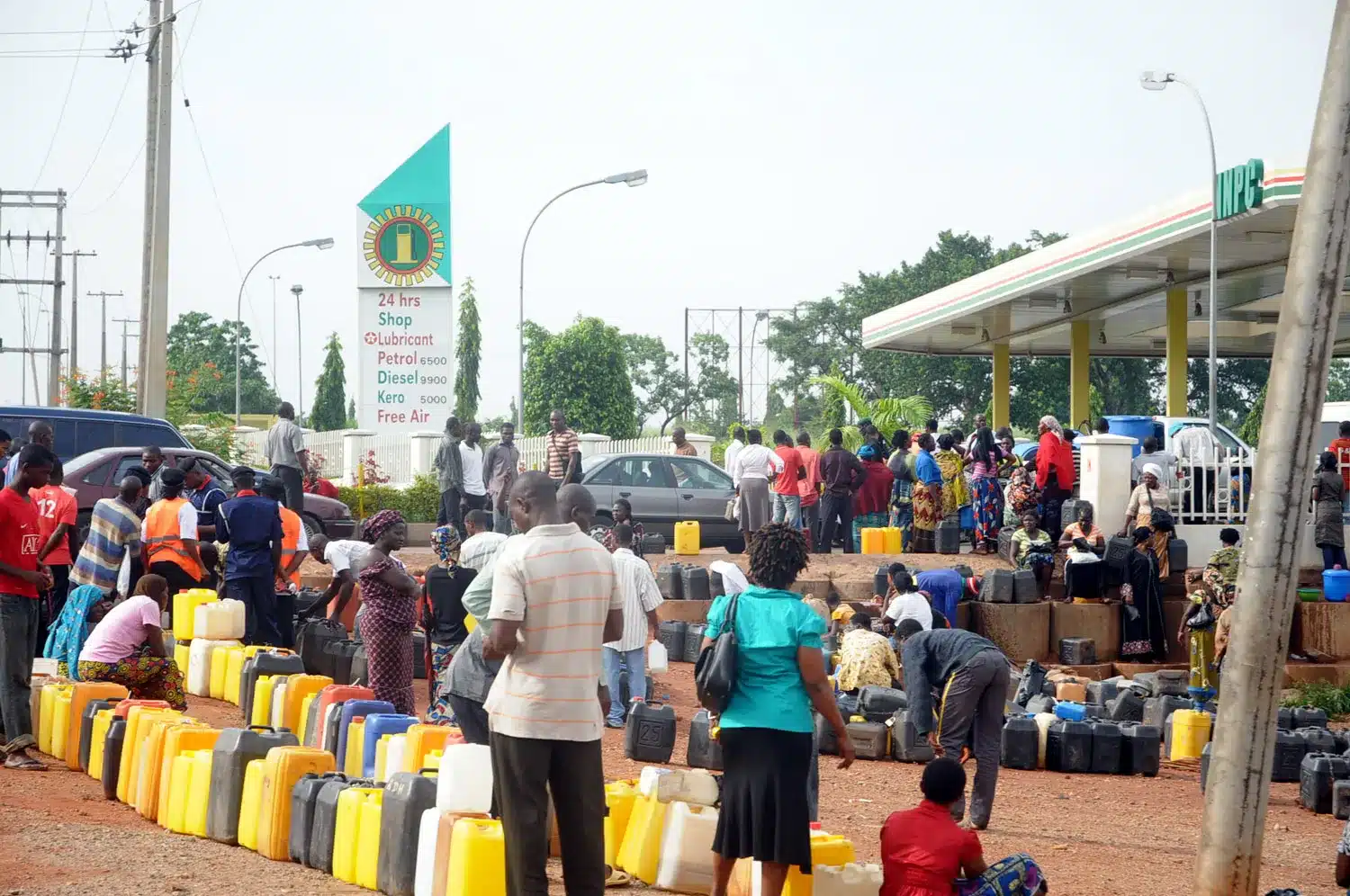
The Executive Vice President (Downstream) of the Nigerian National Petroleum Company Limited (NNPCL), Adedapo Segun, has urged Nigerians to brace for more fuel scarcity.
This warning follows a recent surge in fuel prices, which has significantly impacted citizens nationwide.
NNPC, on Tuesday, adjusted the pump price per litre of petrol to ?855 across its filling stations.
Segun, while speaking on Thursday on Arise Television’s Morning Show, emphasized the importance of establishing a competitive market to stabilize fuel prices and ensure a steady supply.
“The pump price today is not market reflective. NNPCL is the sole importer of PMS in the country, which is abnormal. We should be moving towards a situation where the free market determines prices,” Segun emphasized, highlighting that pricing should be dictated by competitive forces rather than a single entity.
Segun elaborated that NNPCL’s position as the exclusive importer of Premium Motor Spirit (PMS) was not by design, but rather a reaction to shifting market dynamics. He made it clear that the company did not intend to monopolize the market.
“Let me put it in the proper context. NNPCL is not a regulator. We didn’t choose to be the sole importer. We don’t determine who plays in the market. We stepped in when others reduced their participation. It’s not about wanting to be monopolists,” Segun clarified, underscoring that the company’s role emerged due to a lack of participation from other market players.
Additionally, Segun pointed out that for fuel prices to stabilize, there must be ideal market conditions, especially concerning foreign exchange availability.
“Market conditions need to be perfect, and there must be FX liquidity,” he remarked, implying that resolving the pricing issue would likely involve broader economic reforms to improve liquidity and competition in the market.
The scarcity, already visible across the country, is linked to NNPCL’s challenges in managing fuel imports and debts to suppliers.
Additionally, experts have called for more strategic borrowing by the NNPCL to address supply issues and prevent further disruptions in fuel availability.
This spike in fuel costs has further strained the pockets of Nigerian citizens, many of whom are already grappling with the high cost of living.
The situation has also sparked concerns about the potential impact on transportation costs and the prices of goods and services, which are likely to rise as a result.

